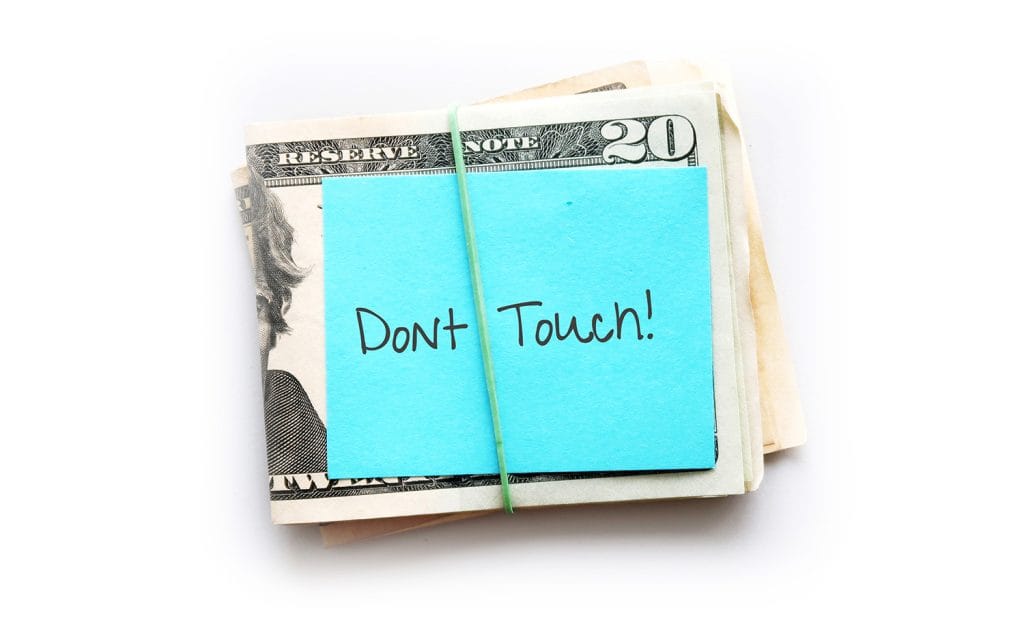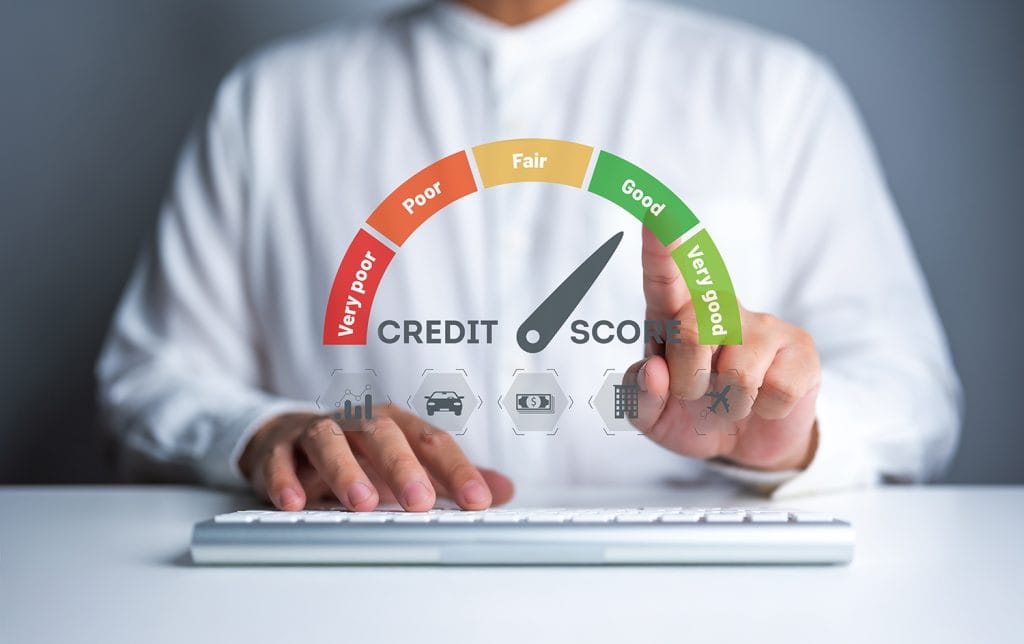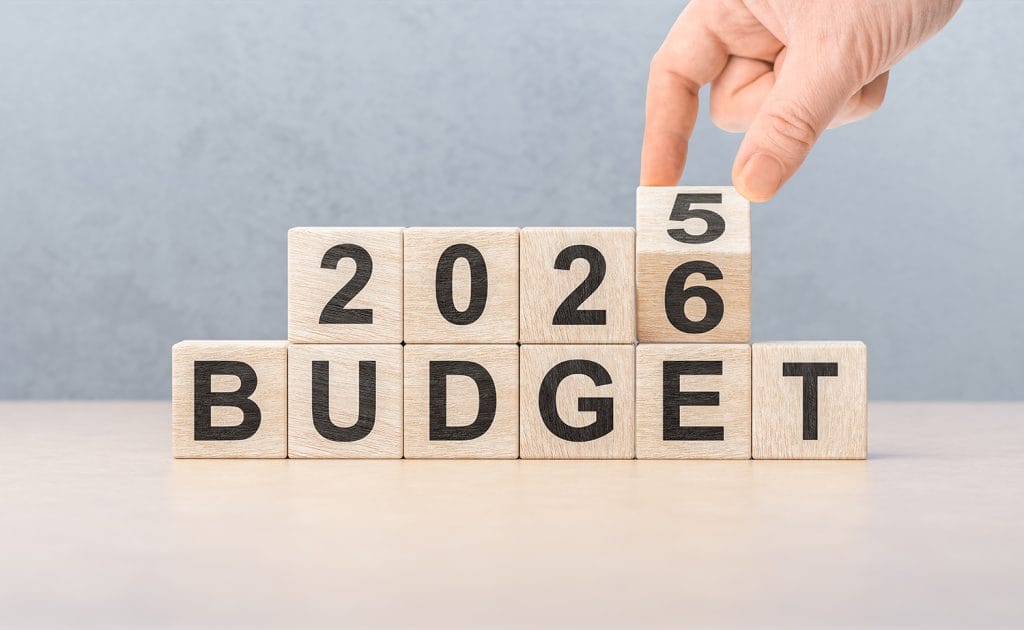
Expect the Unexpected: Why You Need an Emergency Fund
Having money on hand to cover unexpected bills is good for your financial health. Learn about starting an emergency fund.
An essential aspect of parenting is teaching your children about money. Share this article with them to help them understand the basics of money.
Have you ever wanted to buy the latest video game system? That hot new phone? Those limited-edition sneakers? If so, then you know why money is important. You’ve probably also heard your parents and other adults talking about how much everything costs – from houses to cars to groceries. This is why it’s so important to learn to save, and not always spend, spend, spend.
In this article, we’ll explore the basics of money – where it comes from, different types of money, and how we use it every day. By the end, you’ll be on your way to becoming a financial expert!
Before money existed, people traded things they had for things they wanted. This was called bartering. For example, someone might trade a basket of apples for a pair of shoes. Money was created to make trading easier by giving everything a set value. A long time ago, people used gold, silver, beads, or shells as money.
Today, we use coins, paper money, checks, debit and credit cards, and even digital money. These different forms of money don’t have their own value but are valuable because we all agree on what they’re worth. This agreement helps us understand how much things cost, like a $12 movie ticket or a $6,000 trip to Disney World.
It’s easy to spend money quickly if you’re not careful. But you can also save money for things you want in the future. You might save coins in a piggy bank for a new game or put money in a savings account at a bank for bigger things like a car or college. Saving money is a good habit to start early because it helps you make smart choices with your money.
The U.S. Mint makes all of our coins and paper money. There are several different types of money, with coins representing the smallest values. As you know, a penny is worth 1 cent, a nickel is 5 cents, a dime is 10 cents, and a quarter is 25 cents. There are also 50-cent and $1 coins, but they aren’t used as much.
You might use coins to buy something that costs an exact amount, like a snack from a vending machine. But, you can also save your coins until they add up to dollars and exchange them at a bank or credit union.
Paper money, or bills, come in $1, $5, $10, $20, $50, and $100 values. You can use paper money almost anywhere, like at a restaurant or a store.
While cash is common, there are many other ways to pay for things, both in person and online:
Think about the adults in your life. Most of them work jobs where they earn a wage or salary. Teachers, doctors, retail workers, restaurant servers, Uber drivers, and even YouTubers earn money for their services. People earning salaries get regular paychecks, while wage workers earn a fixed rate for whatever hours they put in. Most teenagers with jobs earn wages versus salaries.
Even if you’re too young for a job, you can still earn money. Babysitting, pet-sitting, mowing lawns, and shoveling snow are ways kids can earn money. Some parents give their kids an allowance for doing chores or getting good grades. This helps you learn about managing money.
Some parents teach their children about money by offering an allowance in exchange for completing certain household chores or for earning good grades. It’s a good opportunity to learn about creating a budget, spending, and saving for things you want or need in the future.
You could also sell things to earn money – from lemonade on hot summer days to handmade art or jewelry to old clothes, books, or furniture. Just get your parents’ permission first if you are setting up a garage sale or trying to sell something online.
Finally, you’ll likely receive some money in the form of gifts. Especially as you get older, gift cards or cash are popular choices to celebrate birthdays, graduations, holidays, and more.
Now you know what money is, why it’s important, how we use it, and how it’s earned. Remember, spending money helps you get what you want, but saving money helps you reach bigger goals. Start paying attention to how you use money now to create great habits for the future.
Remember, this is only the first step in your journey. There’s much more to learn about earning money, saving, creating a budget, setting up an account, and more. We’re happy to help, and we encourage you and your parents to reach out.

Having money on hand to cover unexpected bills is good for your financial health. Learn about starting an emergency fund.

Learn seven ways you can raise your credit score and improve creditworthiness.

Learn the essential basics of budgeting, plus practical tips designed to foster better money habits.
Copied to clipboard!